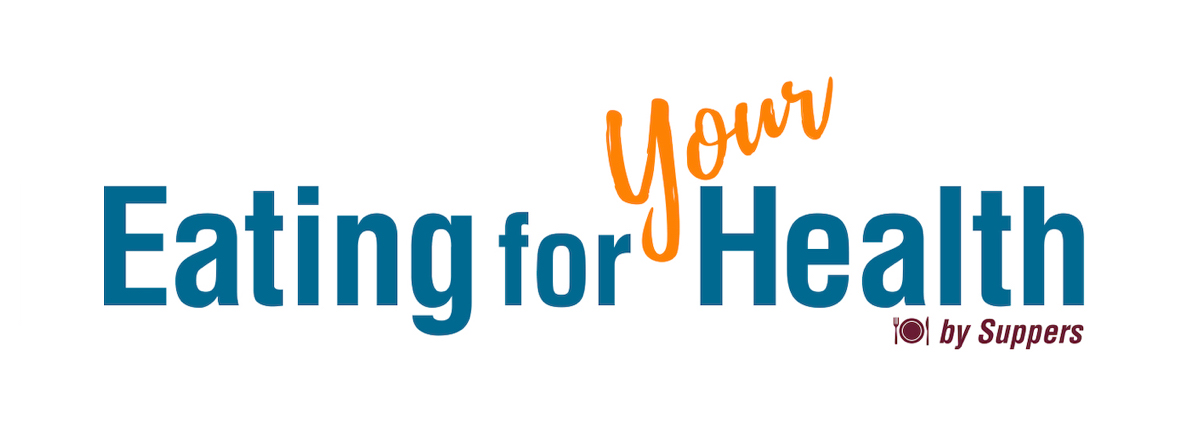How will you know when you are ready to facilitate your own meeting? You may have already co-facilitated another meeting, experienced growth in the program, and articulated your experience in the form of a story that’s posted on the Suppers web site. There is nothing that says you need to have all the skills; you can team up and co-facilitate with someone who fills in your blanks, like cooking if you aren’t proficient.
Facilitator Dos and Don’ts
Do model “I statements,” sharing thoughts, beliefs and personal experiences.
Don’t tell them how it is.
Do share your personal experience and experiments.
Don’t ever tell someone what to do.
Suppers is about supporting people’s change process. That involves practicing not knowing. To get how this looks, you probably have to have attended enough meetings to have personal experience of the positive effects of acceptance and validation of your competence to choose your own path. This doesn’t seem to be human nature, so practicing motivational interviewing skills may be required.
Do suggest readings and resources that may help them find their answers.
Don’t promote a particular book or diet.
Do encourage members to take over some of the responsibilities of the meetings such as reading some of the opening, leading the opening and/or a meditation/breathing exercise, encouraging them to give book reports or feedback on something they have learned.
When introducing a controversial topic, don’t allow crosstalk or feedback.
Do go once around the table, allowing each person who wants to speak, but not to refute, put down or in any way judge what someone else has shared.
Do not take on the responsibility of knowing everybody’s allergies and/or preferences. That is the members’ responsibilities.
Do have them participate in the food preparation and make sure their needs are met.
Do share your negative experiences with a particular course of action.
Don’t try to bias them against something that didn’t work for you but might work for them.
Do encourage them to experiment, as in the Breakfast Challenge, trying exercise such as walking or yoga and observing or journaling the experience.
Do let people know they can contact you at a separate time if they ask you during a meeting about your professional services.
Don’t promote your services at meetings.
At meetings where there are people with portion-size issues, do serve the food yourself for everyone.
Don’t publicly criticize someone with portion problems.
Overeating is a very common problem among the people who would be attracted to Suppers. Many of our brains have been hijacked by refined foods. This is Suppers; they don’t have the option of paying for two portions. This is where new behaviors are modeled and tried out. It’s OK to talk about wanting to buy muffins after a meeting. It’s important to be honest about the disappointment people may feel because program food doesn’t provide a “hit” of their favorite food drugs.
Do describe the available materials to support change, when they become ready.
Don’t advocate any particular course of action.
Do allow sharing about members’ own good experiences with doctors or other professionals.
Don’t refer. Members can talk about this elsewhere, not at the table/meeting.
Do have clear boundaries and a vetting process (referrals from current members, for example) if you are inviting people into your home.
Don’t accept into the group people whom you are uncomfortable having in your home.
Meetings in private homes are very different from meetings in public settings because on top of the expectations that all members protect the safety of the setting, there are house rules. Although the only requirement for membership is the desire to lead a healthier life, it is a privilege to be invited into your home. Hosts may expect guests to observe house rules.
Do be prepared for members to judge and hold forth. They are only human. Have stock responses ready to ease them back to the Suppers way of being:
- "Can you put that into an “I” statement? In other words, can you share that as your point of view, your opinion, or your experience?"
- "Let me help you get on track. At Suppers, the first concept is biological individuality, which requires each of us to understand our personal biology through self-observation."
- "I need to stop you a moment. At Suppers we make an active practice of nonjudgment. Can you state that again without making anyone else’s opinion wrong?"
- "I need to stop you a moment. At Suppers meetings, there are no experts. Can you speak to the personal reasons you want to come to our program?"
